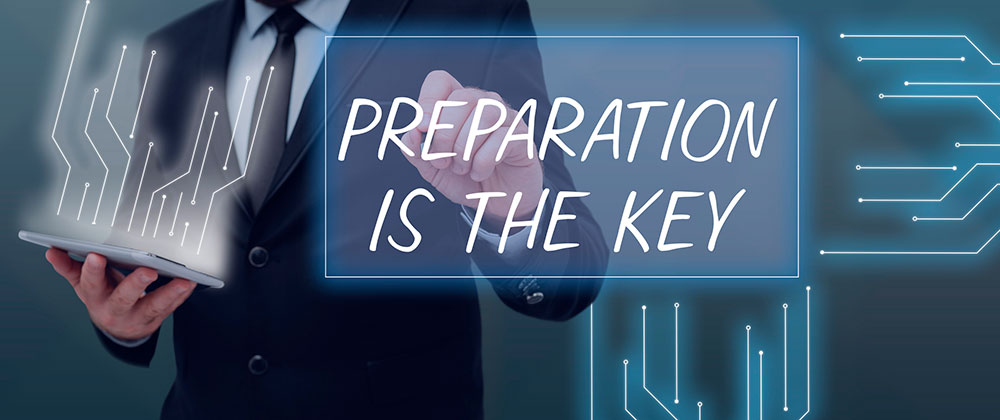All About Florida Construction Mediation Preparation
Not unlike preparing a closing argument at the beginning of a case to determine how a case will be developed through trial, working backwards from the mediation will maximize the chances of success. Starting with the statutory 558 process,[1] a Claimant (or recipient of a 558 notice) should ensure that potentially responsible parties are timely notified of the claims. The 558 process presents an opportunity for recipients of a defect notice to engage is limited pre-suit discovery with the “Claimant”, including performing destructive testing, and exchanging expert reports without waiver of applicable privileges.[2] Tenders to lower-tiered trades and their carriers is critical for risk transfer, especially where contractual indemnity and additional insured coverage is involved.
After litigation ensues, attorneys should take targeted discovery to sufficiently develop the main issues that “drive” the case. For instance, in a case involving failures of the building envelope resulting in water intrusion, an attorney defending a party responsible for constructing part of the envelope would want to ascertain the exact scope of work of trades building other portions of the envelope to determine which scope of work potentially caused or contributed to the failure, which is critical for allocation of damages. Such discovery would involve obtaining relevant project records from those parties and deposing key individuals from those parties, including their experts, to develop facts or arguments that will support minimizing a client’s exposure to the claims and shifting blame to other parties.
Insurance coverage issues always play a role, sometimes significant, in construction mediations. Invariably, due to typical insurance policy exclusions for defective work, or where a carrier is uncertain whether the property damage claimed, which might otherwise be covered, occurred during the policy period, insurance carriers defend their insured contractors/subcontractors under a reservation of rights to later deny coverage for the claims. Thus, where a party plays a major role in the alleged defects, coverage issues should be addressed by a Claimant and resolved as early on as possible to increase the chances that the carrier for that party will meaningfully contribute during the mediation. Because a carrier’s duty to defend its insured is dependent on the allegations of the operative Complaint, it’s important for a party seeking coverage to develop facts that support those allegations because the actual facts (not the allegations of the Complaint) will determine whether a carrier has a duty to indemnify its insured (i.e., pay a settlement or ultimate judgment). Where appropriate, the party seeking coverage should consider filing a declaratory judgment action against liability insurers to get a resolution of coverage issues before mediation, or use the declaratory judgment action as leverage for a settlement.
The road to a successful construction mediation starts on day one, not shortly before the mediation. Not having the right parties at the table (including coverage adjusters or surety representatives where applicable), or not sufficiently developing the facts of the case, are ingredients for failure. With proper and early preparation by counsel, “getting them to sign on the dotted line” will come much easier.
To learn more about Florida construction mediation preparation, contact Florida construction mediator and lawyer Gary L. Brown at (954) 370-9970 or (954) 448-1133.
[1] See generally Fla. Stat. § 558.001, et seq.
[2] See Fla. Stat. § 558.004.

